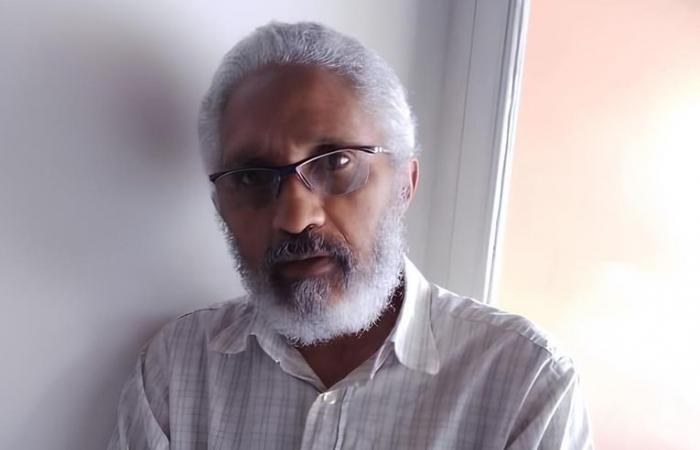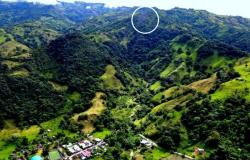1
Finally, when sleep dragged me to the place where the book was, I was able to confirm that I had not lost it, that it was still in the same place. And there it was. Read many years ago, I return to its shocks, to its “evilnesses”, to the stories where anecdotes and poetry come together, where its author, Julio César Sánchez, the same one who was with me on that adventure of the Master’s degree in Simón Bolívar and was already a published poet, he remains today the poet of my memory. And here I have it, at hand. A book that contains the main lines of that time in the 80s when irreverence, distant old age and death as a symbol passed by while readings, libations and words built the rest of the worlds we wanted to live. And we live them. We read them, we drank them and we wrote them.
And here it is then Text for sleepwalkers, by my friend and university classmate Julio César Sánchez. Published by Editorial Arte de Caracas in 1981, this book by Julio César continued to sound and dream to me, it continues to sound to me because of the well-constructed stories that sometimes sneak in harsh poetics and are poured out as open, living language, before a reader who knows that What you are reading is as plausible as it is impossible, literature that is framed in the short narrative, that where irony and mockery, surprises and dazzling, make it possible for a long moment to not detach yourself from its pages until the last page.
Written in Mérida between 77 and 79, it continues to be a fresh book, tasty to read, due to the varied subject matter, the way of approaching each of the issues it touches on, due to the quality of the writing and the substance of what it contains. hides and does not hide.
With text on the back cover by Pascual Estrada A., this work by Julio César will once again be the company of this chronicler. And it will be to the extent that each story stops saying: an impossible, because each story highlights that time does not exist, that the voice of the narrator is the same as the voice of the one who reads it. That it is not enough for time to pass. What’s more, time does not pass in literature: it remains anchored in each character, in each event, in each landscape, in each silence.
Estrada testified: “Write down madness to get rid of it. Or better yet, the fight with madness is face to face—mask to mask—alone, sleepwalking and without a pen, and only once defeated can it be remembered, revived and witnessed—written—in transparent texts for sleepwalkers.”
So here we go, sleepwalkers, guided by the texts of Julio César Sánchez.
2
For the joy of the readers, I will leave two of these texts on the screen and may sleepwalking lead them to continue counting on each one of them being part of a nightmare, a healthy nightmare, in which there is no shortage of desire to continue reviewing pages and pages. where Julius Caesar has walked like another sleepwalker who writes.
Death
Dressed in black with a top hat and cane, I go out into the street where everyone bows as I pass.
Nobody knows that I am death.
I fall in love with a woman. I take her to my room and we make love to her.
The next day he visits me. Place flowers on my grave and cry long.
Merida 77.
The match
One of these days I’ll tear my wife’s head off. With the white blow of a machete I will blow off her ears, her arms, her breasts. Then I will start from the bottom up, one by one the fingers, the legs, the waist, the entire body. As it appears on the red page of the newspapers in my country. And when the head is level with it I will take it with my feet to the soccer field where the team is waiting for me to start the game.
Merida 78.
(My friend Julio César died on Tuesday, June 11 in Mérida, where he lived. He was born in El Tigre, Anzoátegui state, in 1948. He left published, among other materials, The word apparenta collection of poems published by La Draga y el Dragon in 1977. He also wrote a book of stories titled Of memory and dreams. Magazine Genesisfrom Mérida, was his creation back in the 70s.
His words, his voice, his joy and passion for poetry remain.
Surely, dear Julio César, you will see the black man Manuel Bermúdez, our professor of semiology and fellow bar student in that already distant Caracas).

Latest posts by Alberto Hernández (see everything)







